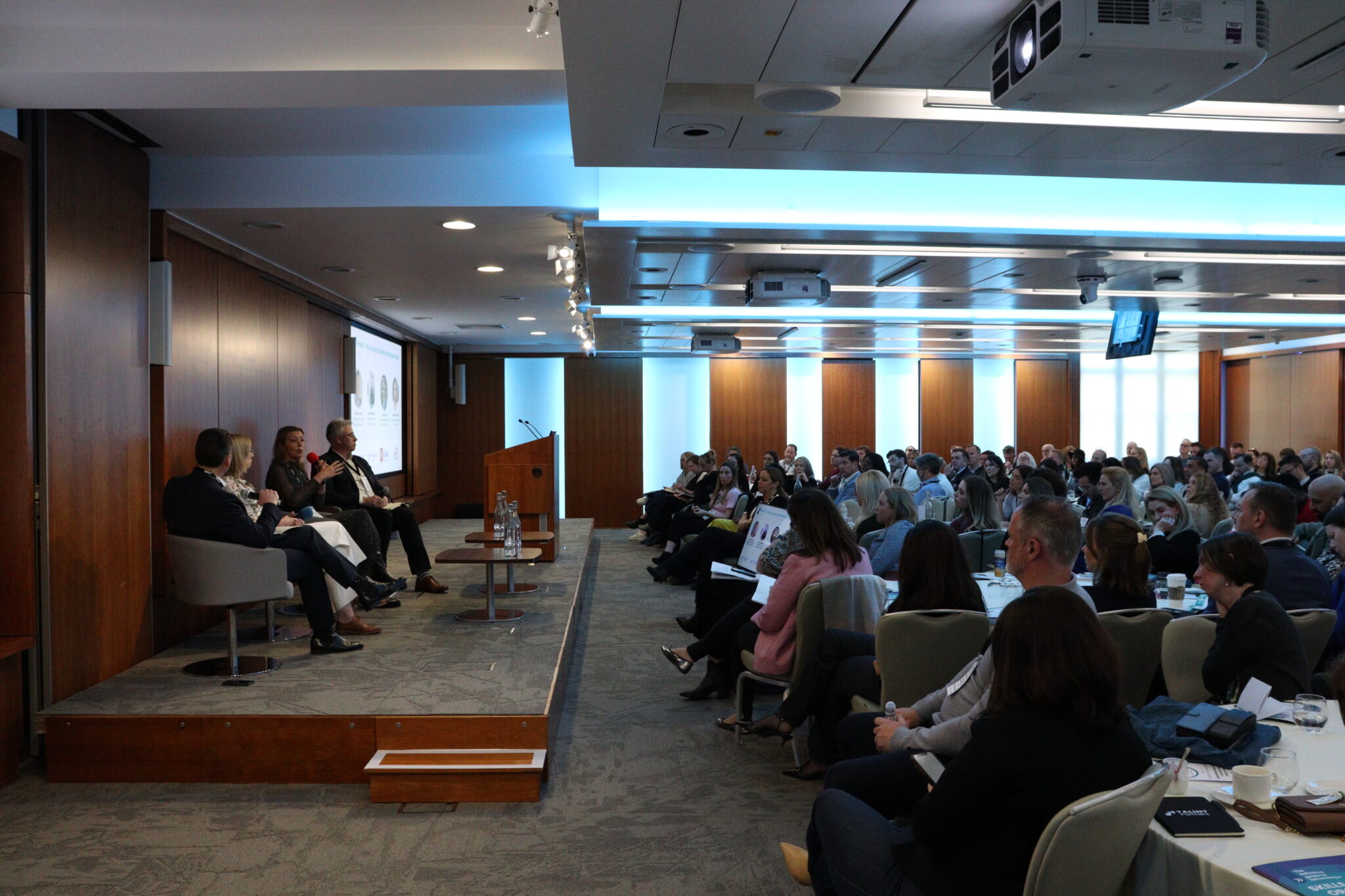Employers also less likely to hire, raise wages in next three months
Singapore’s retrenchments increased during the third quarter of the year, as per the latest labor market data, reflecting a slowdown in employment growth. The Ministry of Manpower (MOM) Labor Market Advance Release reported 4,100 retrenchments in the third quarter, a rise from the 3,200 in the previous quarter. The bulk of this increase was observed in the Wholesale Trade sector, attributed to the sector’s weakened external outlook.
According to MOM, retrenchments in other sectors remained relatively stable or declined. The primary reason for retrenchments in the third quarter of 2023 was business reorganization or restructuring.
Despite the uptick in retrenchments, Singapore’s unemployment rate remained “largely stable and low” at two percent. Resident unemployment stood at 2.8%, while citizen employment was at three percent, according to the report, indicating that most retrenched workers quickly found new employment opportunities.
On the positive side, total employment continued to grow for the eighth consecutive quarter, with an increase of 24,000 jobs in the third quarter, driven by both residents and non-residents. MOM noted that the pace of employment growth had slowed compared to a year ago, which was attributed to the global economic slowdown.
Resident employment saw growth in sectors like Financial Services, Professional Services, Health, and Social Services, while non-resident employment expanded in sectors including Construction, Retail Trade, Food & Beverage Services, and Administrative & Support Services.
However, despite the growth in employment, employers in Singapore are becoming more cautious about hiring and raising wages in the next quarter. MOM attributed this hesitancy to the global economic slowdown, as businesses focus on sustaining their current operations rather than expanding. The report indicated a decline in the proportion of businesses intending to hire in the next three months, dropping from 58.2% to 42.8%. Similarly, the proportion of firms with intentions to raise wages decreased from 28.0% to 18.0%.
In response to these challenges, MOM encouraged employers to utilize available programs to navigate economic uncertainty, emphasizing the importance of business transformation, upskilling and reskilling workers, and adapting to the evolving business environment.










